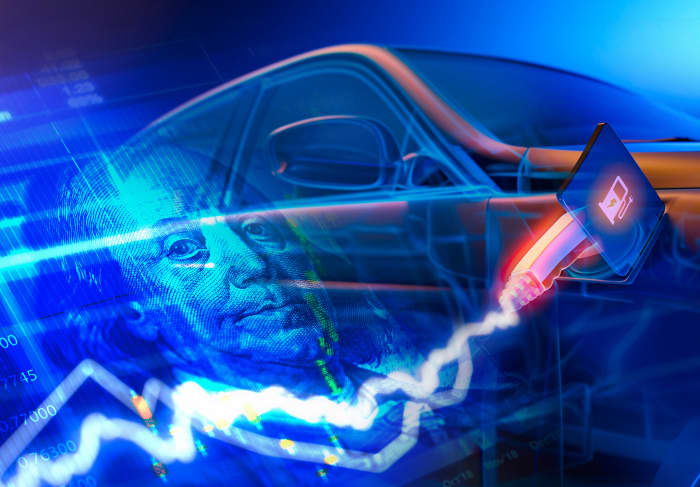
At the risk of sounding like a poor man’s Tom Friedman, I’m watching the truly astonishing turns of events in response to Vladimir Putin’s invasion of Ukraine and thinking that this holds potential to be the single most transformative global episode since WWII. And not just militarily.
Just a few things that come to mind:
In automotive terms, the rubber is truly meeting the road in the US of A. I see no one expecting the price of gas to return to pre-invasion levels for months, if ever. In fact, based on my diet of articles and YouTube videos of economists, finance ministers, etc. there isn’t anyone who does not see prices continuing to escalate upwards all summer long. $6 a gallon and higher in Minnesota is not out of the question this year.
The effect on vacation travel — by car or plane — and commuting habits is plain to be imagined . (And this just as businesses, post-COVID, were coaxing employees back into the office.)
Then imagine consumer demand for immediate alternatives to the average family’s 5000-pound SUV and pickup. With the US cutting off the 8% of oil it gets from Russia, and Europeans slapped across the face with the existential dilemma they’ve created buying billions of euros of gas from a homicidal maniac, an even more dramatic/disruptive tightening of the tap is inevitable.
(In a couple months, I expect to see some real bargains for people shopping for a 13 mpg Ford F-150. Computer chip shortage be damned.)
“Transformative” also applies here to the no doubt foul-smelling deals being cooked up with the Saudis, Iranians and Venezuelans to reduce cost-at-the-pump issues here and make up for fuel Europeans will need next winter when — not if — they stop doing business with Vlad the Invader.
So let’s imagine the new-found demand for electric transportation. Mass and personal transportation-wise. It’s been a common understanding for years now that cost is the critical factor in any transition to electric vehicles. Well, a 50%-80% increase in gas prices is pretty much what the good green doctor has always ordered if you want to dramatically increase the US’s 2% electric vehicle fleet substantially and permanently higher. True, there are basic material issues related to the invasion, but I’d bet the longer term viability of electric wins out over ever more impractical internal combustion cars. (It would be nice if we could capture some of that gas price increase for state and national treasuries but … share-holder value, you know.)
Then we get to the power required to both manufacture and charge not thousands but tens of millions more electric vehicles. Solar and wind and other nice green renewables are simply not sufficient — currently — to handle such demand. Which is where next generation nuclear becomes a serious part of any grand energy (and climate) transformation.
When I think of the great, convulsive events that have taken place in my lifetime — the Cold War/Cuban missile crisis, Vietnam, various assassinations, the fall of the Berlin Wall, 9/11, the crash of 2008 — none of them set off the combined shift or reinvigoration of alliances, reexamination of national priorities and changes in day-to-day consumer habits and lifestyle that we can see erupting here from Putin’s hellish blunder.
And this is all based on the situation as it stands today, before a truly desperate Putin — a man for whom “losing” equals death, figuratively and quite possibly literally — escalates this war into something truly catastrophic.
Please feel free to tell me where I’m mistaken about any of this.

